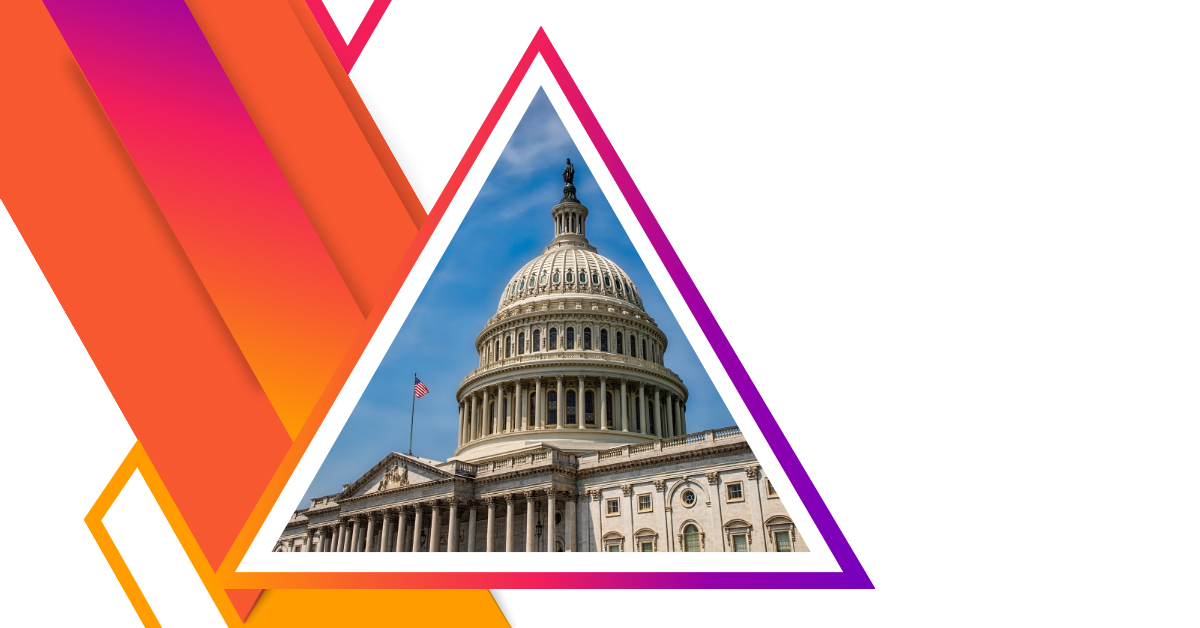On August 7, President Donald Trump signed an executive order (EO) titled “Improving Oversight of Federal Grantmaking” that drastically alters the current process of awarding federal grants. The order requires that each federal agency head designate a senior presidential appointee to review all funding opportunity announcements and discretionary grant awards to ensure they align with “agency priorities and the national interest.”
The new processes described in the EO would further shift authority over funding decisions and research priorities away from scientific experts and career civil servants to political appointees who are directed to “use their independent judgement” in assessing whether funding announcements and discretionary awards “demonstrably advance the President’s policy priorities.”
Termination process directed
The EO directs the White House Office of Management and Budget (OMB) Director to create a process, within 30 days, to “require all discretionary grants to permit termination for convenience, including when the award no longer advances agency priorities or the national interest,” This process would significantly increase the ability of this and future Administrations to cancel already awarded federal grants at any time.
Further, the EO instructs the OMB Director to “appropriately limit” the use of discretionary grant funds for indirect costs. A previous National Institutes of Health (NIH) policy that capped indirect cost rates at 15% has been indefinitely paused due to ongoing litigation. Under the EO, future grant awards must also contain language that prohibits grant recipients from drawing down funds without express authorization of the agency and that requires grantees to provide written justification for each drawdown request. No new funding opportunity announcements are to be issued until this new process is in place.
Limitations on research
The order expressly prohibits grant awards that “fund, promote, encourage, subsidize, or facilitate” topics including “racial preferences or other forms of racial discrimination by the grant recipient,” “denial by the grant recipient of the sex binary in humans or the notion that sex is a chosen or mutable characteristic,” illegal immigration, and initiatives judged to undermine public safety or promote anti-American values.
This EO comes in the midst of the targeting of specific universities by the Administration. It dictates that for science grants, preference should be given to institutions that have “demonstrated success in implementing Gold Standard Science” and that have lower indirect cost rates.
AAI is closely monitoring this EO and its implementation. In a comment provided to STAT, NIH says that it “will comply with this executive order to the extent permitted by law and court orders while simultaneously advancing life-saving scientific research.”




